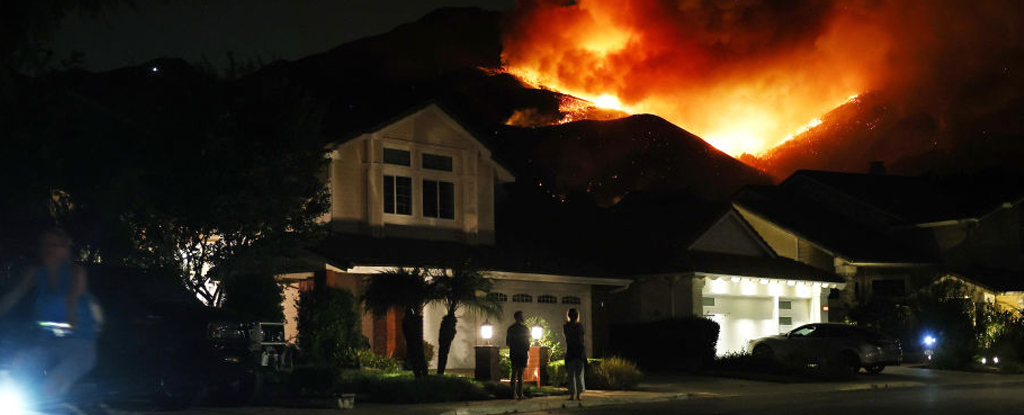
The only way to deal with this is to prepare for a situation with a much higher likelihood of unprecedented extreme events, already in the next one to two decades.

A new research has detailed the rate at which Siberia's massive Batagaika crater is devouring the surface of the Earth. Its rapid expansion is now fueled by warming air temperatures.

In fact, research has shown that Antarctica is rising up out of the ocean as it sheds its ice, and the effects on our planet are going to be massive.

Andean tropical glaciers are retreating at an unprecedented rate, exposing ice-free areas not seen for 11,700 years since the Holocene epoch began. This phenomenon highlights the significant regional impacts of human-induced climate change.

The results are sobering confirmation that global warming will continue to damage the Great Barrier Reef. If humanity does not divert from its current course, our generation will likely witness the demise of one of Earth's great natural wonders.
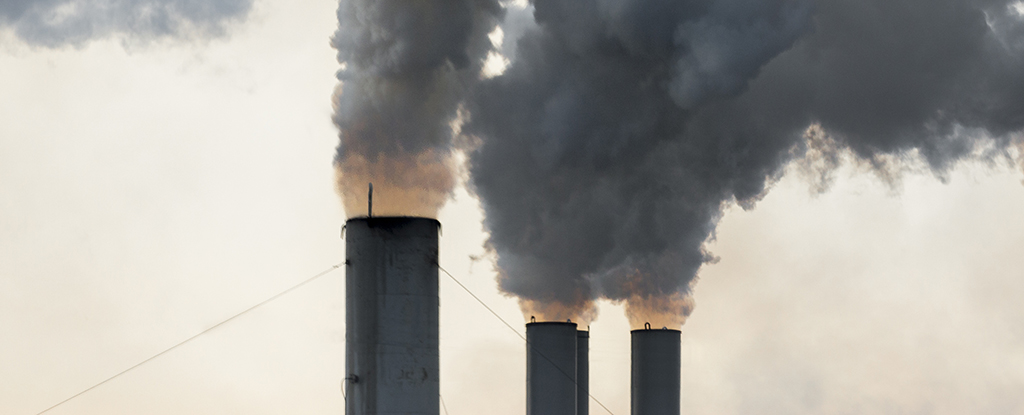
The warning signs are all there: record-breaking heat, failing health, vanishing ice sheets, and more unpredictable weather.

Our CO2 emissions are warming the planet and making life uncomfortable and even unbearable in some regions.

July 22, 2024, was the hottest day on record, according to a NASA analysis of global daily temperature data. July 21 and 23 of this year also exceeded the previous daily record, set in July 2023.

Oxygen concentrations in our planet's waters are decreasing rapidly and dramatically—from ponds to the ocean. The loss of oxygen in water, also referred to as aquatic deoxygenation, is a threat to life at all levels.
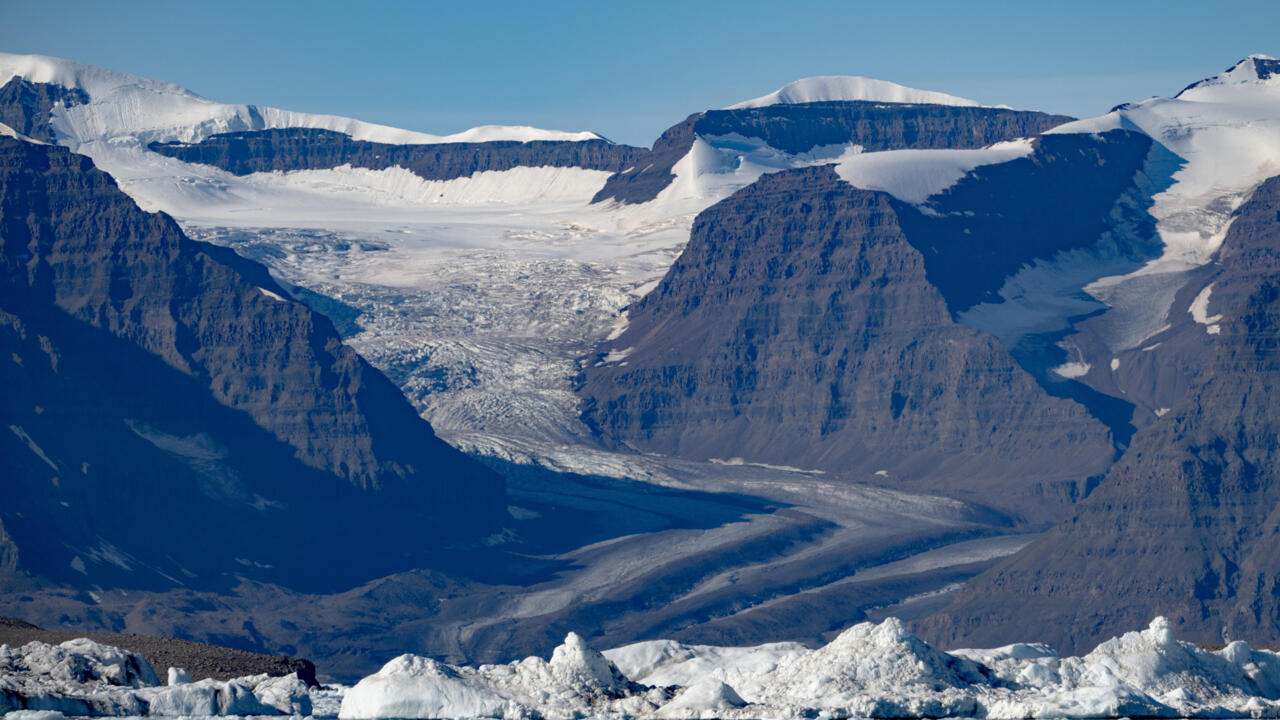
A new study says that the melting of the polar ice caps is causing our planet to spin more slowly. As the Earth turns more slowly, the length of day increases, intensifying the effects of a warming climate.

By the end of the century, tens to hundreds of millions could be deprived of even this tenuous supply of moisture as rising temperatures risk turning shallow groundwater supplies into toxic sumps.
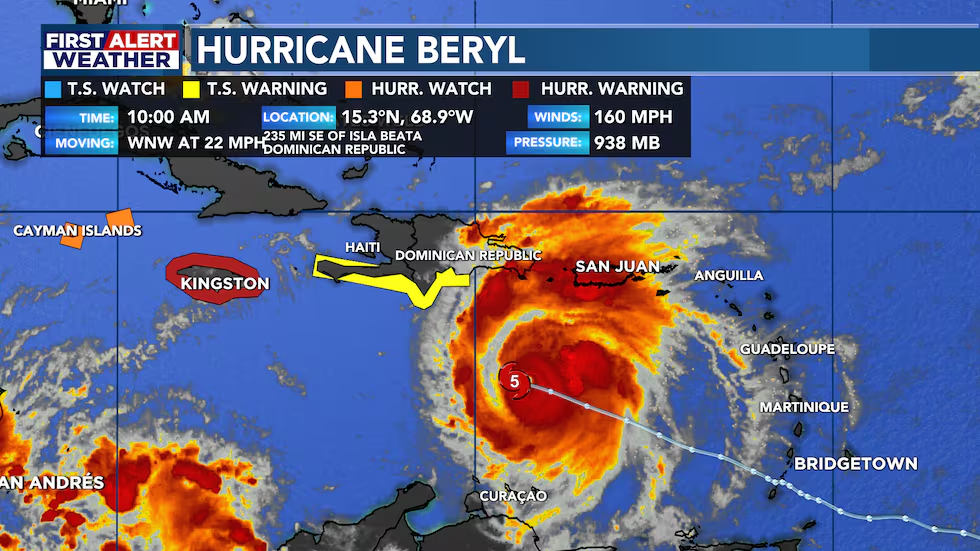
The hurricane has set a string of records that experts say are tied to climate change, as it developed faster and much earlier in the year.
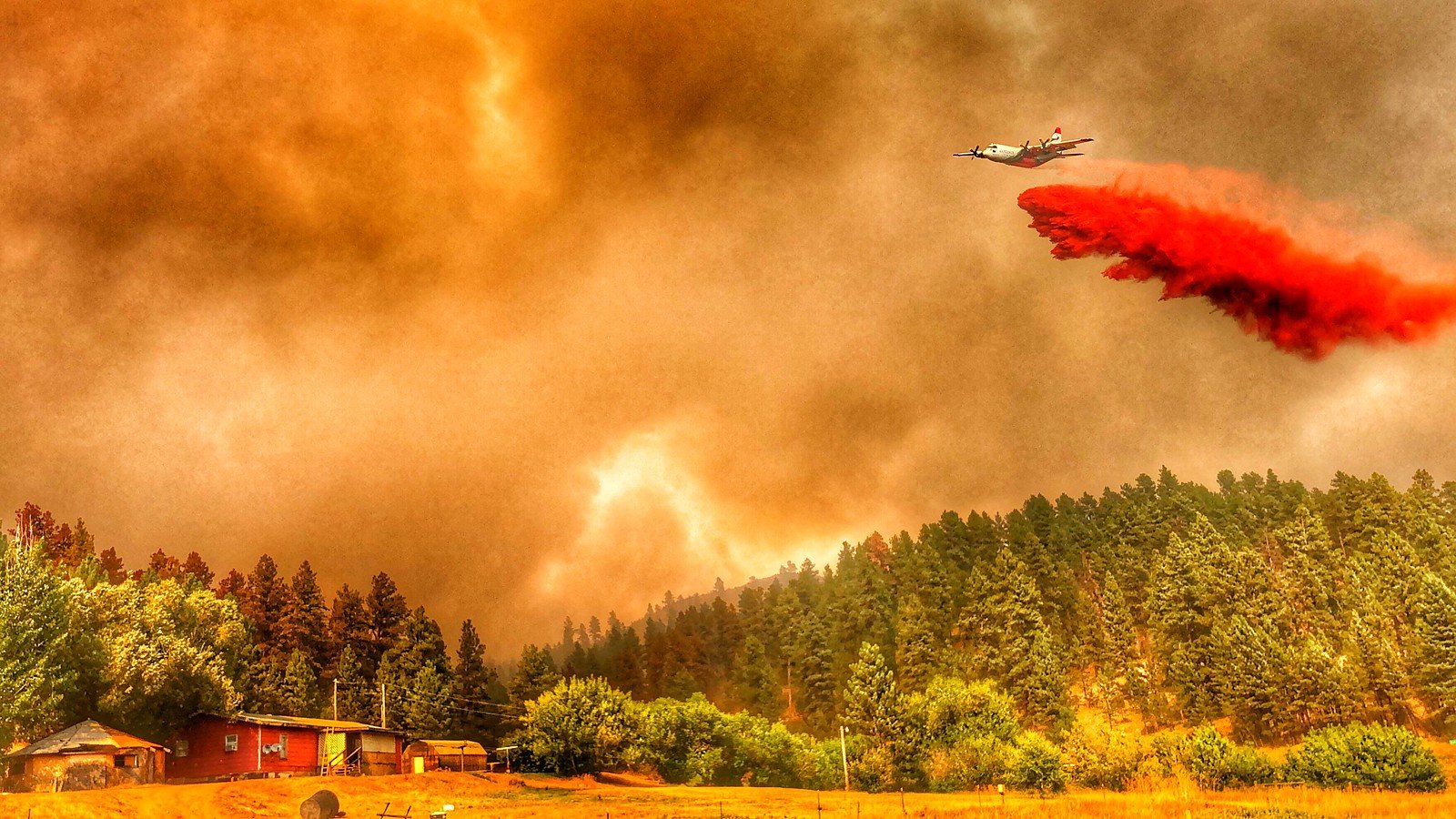
The climate crisis is driving an exponential rise in the most extreme wildfires in key regions around the world, research has revealed.
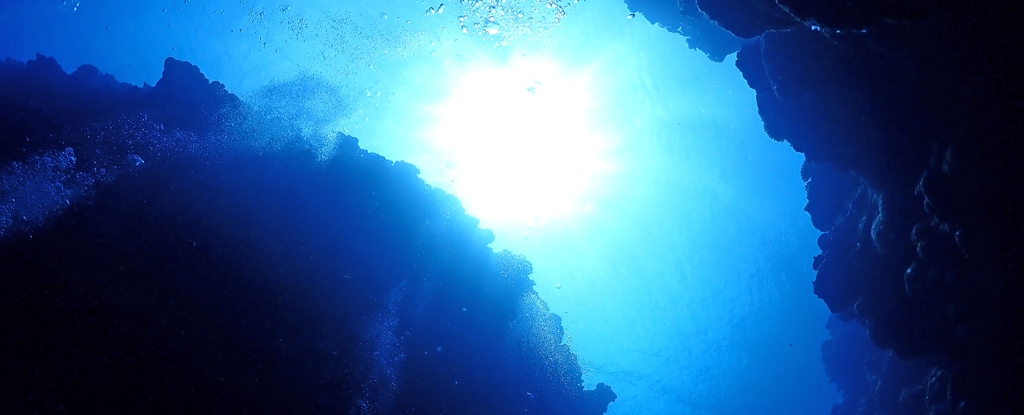
A major solution to the climate crisis may lie at the bottom of the ocean. Across the planet, basalt rock deposits on the sea floor have the potential to trap carbon dioxide, removing the heat-trapping gas from our atmosphere.
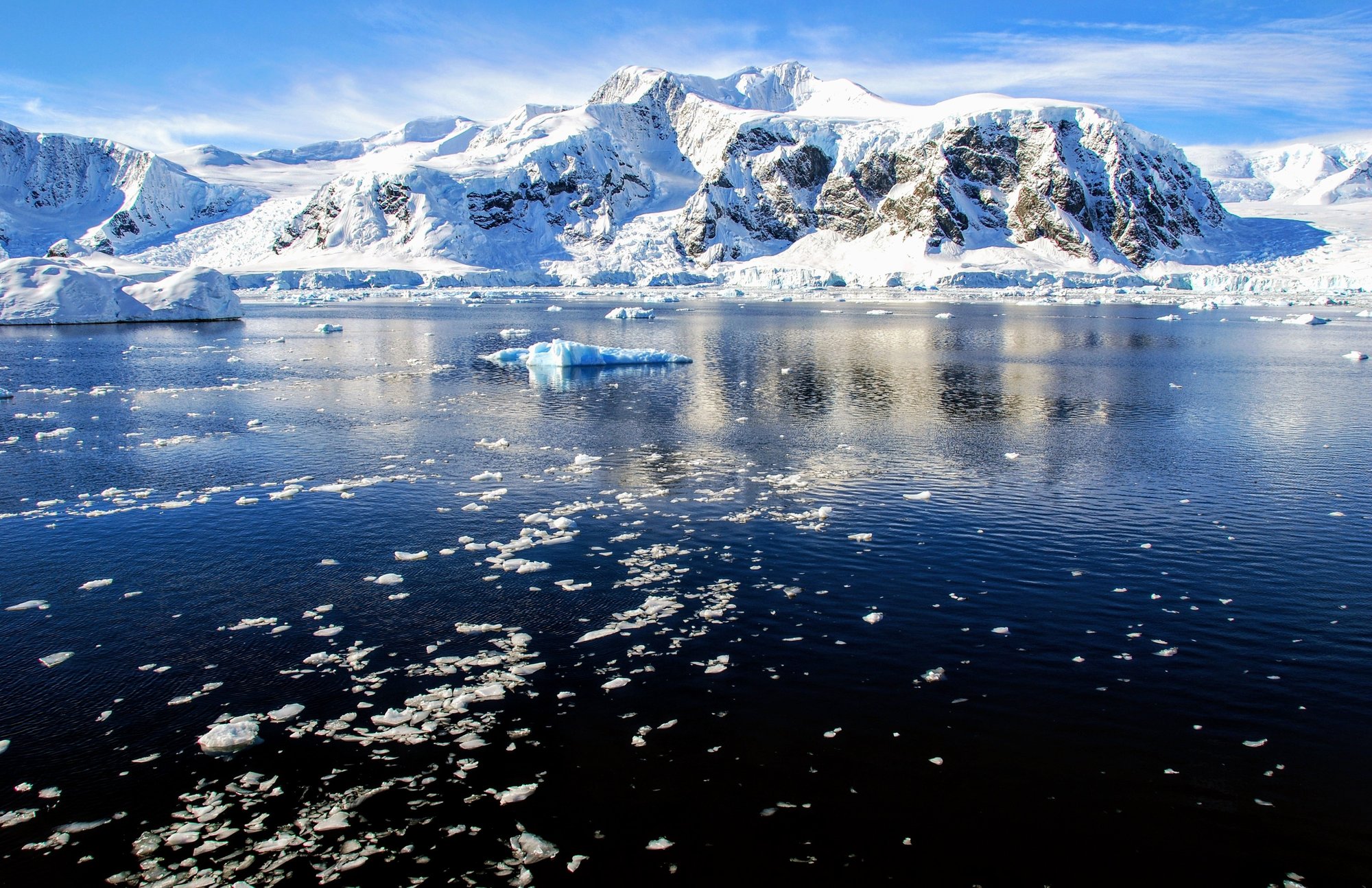
Ice sheets, the massive frozen expanses covering Antarctica, are harboring a hidden threat beneath their surface.